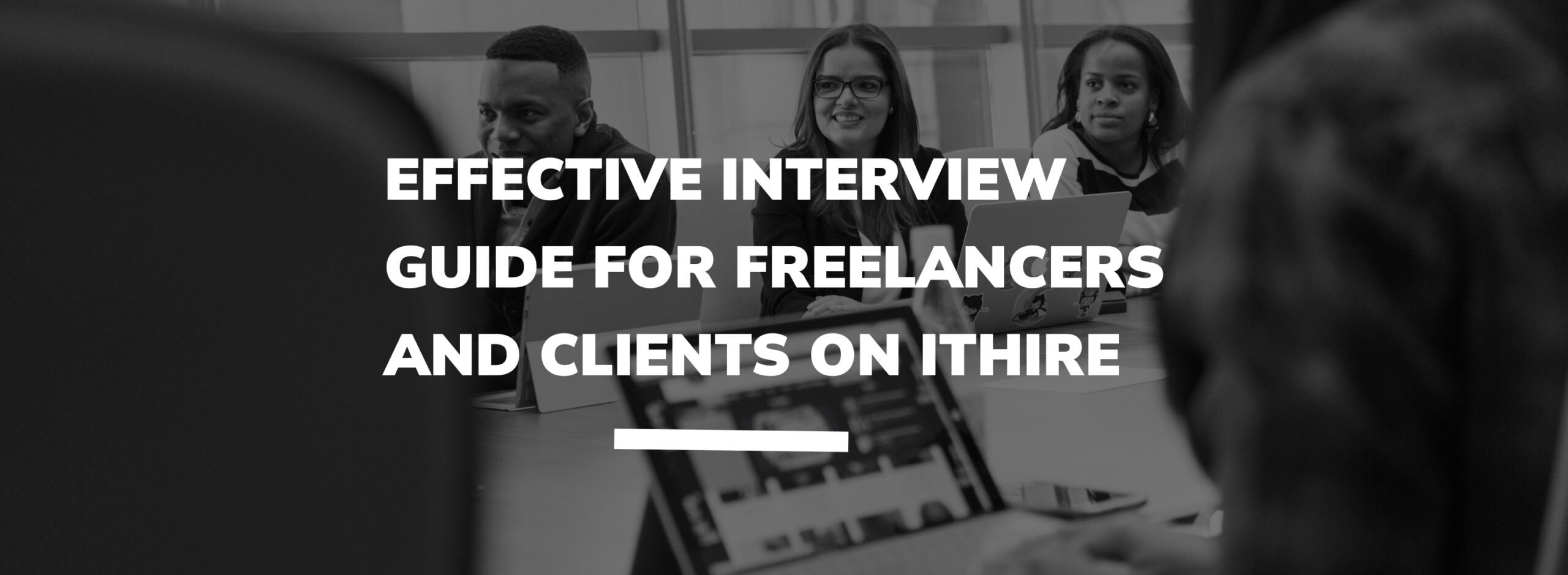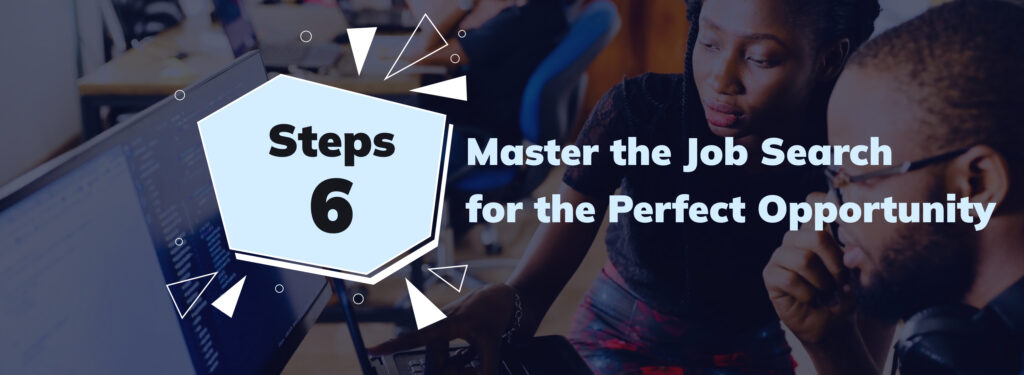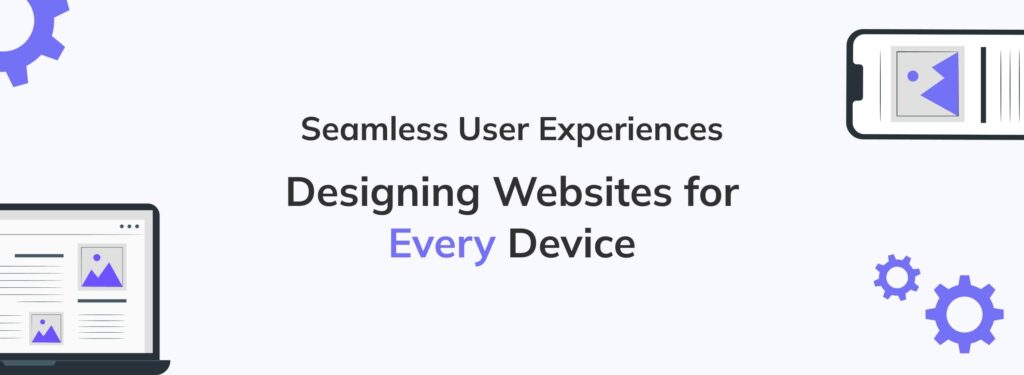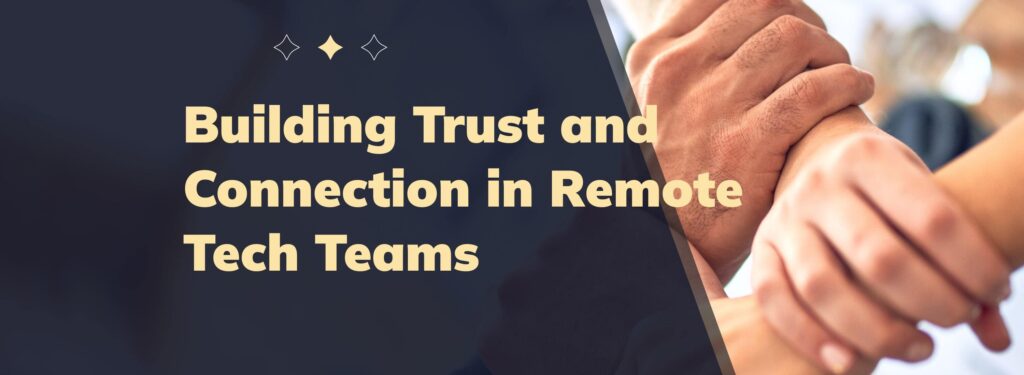A developer’s ability to ace a job interview extends beyond technical knowledge. Hiring managers frequently probe you on a variety of topics to gauge your aptitude for problem-solving, cooperation, and cultural fit. In this blog article, we’ll look at typical developer interview questions and provide you with advice on how to successfully respond to them. You can demonstrate your knowledge and improve your chances of obtaining your ideal developer position by putting some consideration into your prepared responses.
Why is Job Interviews Preparation Important?
Getting a job as a developer requires more than just technical expertise and credentials. Job interviews are essential for demonstrating your knowledge, problem-solving skills, and cultural fit with the company. Developers must prepare for job interviews because doing so might greatly increase their chances of getting the job. It gives you the ability to confidently highlight your technical know-how, customize your responses to particular job criteria, and exhibit your cultural fit inside the company. You increase your chances of standing out from the competition and obtaining your preferred developer career by devoting time and effort to interview preparation. Being well-prepared fosters confidence, and confidence produces success.
Common Job Interview Questions and How to Answer Them Effectively
Tell us about a challenging coding project you’ve worked on
Highlight a project that illustrates your technical expertise, approach to problem-solving, and capacity for teamwork when responding to this question. Give a brief description of the project’s scope, any difficulties you had, and the actions you did to solve them. Put a focus on the results or influence of your labor, as well as any lessons you learned along the way.
How do you stay up-to-date with the latest industry trends and technologies?
Discuss the tools you use to keep updated, such as developer networks, industry blogs, or online courses, to demonstrate your commitment to lifelong learning. Mention certain technologies or frameworks you’ve looked at recently, along with how you’ve used that knowledge in your professional or personal projects. Emphasize your drive for expansion and flexibility in a sector that is changing quickly.
Tell us about a time when you had to collaborate with a non-technical team member
By citing an instance of a fruitful cross-functional project, you can demonstrate your capacity for effective interaction and communication with non-technical stakeholders. Describe how you were able to bring together technical and non-technical viewpoints, express difficult concepts simply and understandably, and work with others to get a successful result.
How do you approach solving complex problems or debugging code?
Describe how you break down complex problems or debug code to demonstrate your problem-solving abilities. Talk about your methodical technique, such as looking at error logs, using debugging tools, or using the elimination method. Highlight your capacity to deconstruct issues into small steps, troubleshoot efficiently, and gain knowledge from the debugging process.
Describe a situation when you faced a tight deadline. How did you manage it?
Discuss a case where you completed a job under a short deadline to show off your time management and prioritization abilities. Describe how you managed expectations by organizing your duties, giving priority to important factors, and successfully communicating with stakeholders. Draw attention to your capacity for effective work and concentration under duress.
Essential Tips During Job Interviews
Clear and simple communication is key during the interview. Pay close attention to the interviewer’s questions, and if necessary, ask for clarification. Explain your technical expertise and solutions in terms that laypeople may comprehend. To demonstrate your capacity to function well in a team and communicate complicated concepts, you must possess effective communication skills.
Express your passion for coding and technology by sharing your experiences, side projects, and involvement in the developer community. Discuss any relevant certifications, workshops, or conferences you have attended. Highlight your enthusiasm for continuous learning and staying updated with industry trends. Employers value developers who have a growth mindset and are eager to expand their skill set.
Conclusion
By familiarizing yourself with common job interview questions for developers and preparing well-crafted responses, you can confidently showcase your technical expertise and problem-solving abilities. Remember to provide concrete examples, emphasize collaboration and continuous learning, and demonstrate your ability to handle challenges effectively. Practice with mock interviews and seek feedback to refine your answers. With preparation, you’ll be well-equipped to excel in your next developer job interview. Remember to stay confident, be yourself, and showcase your unique skills and experiences. Good luck with your upcoming job interviews!







